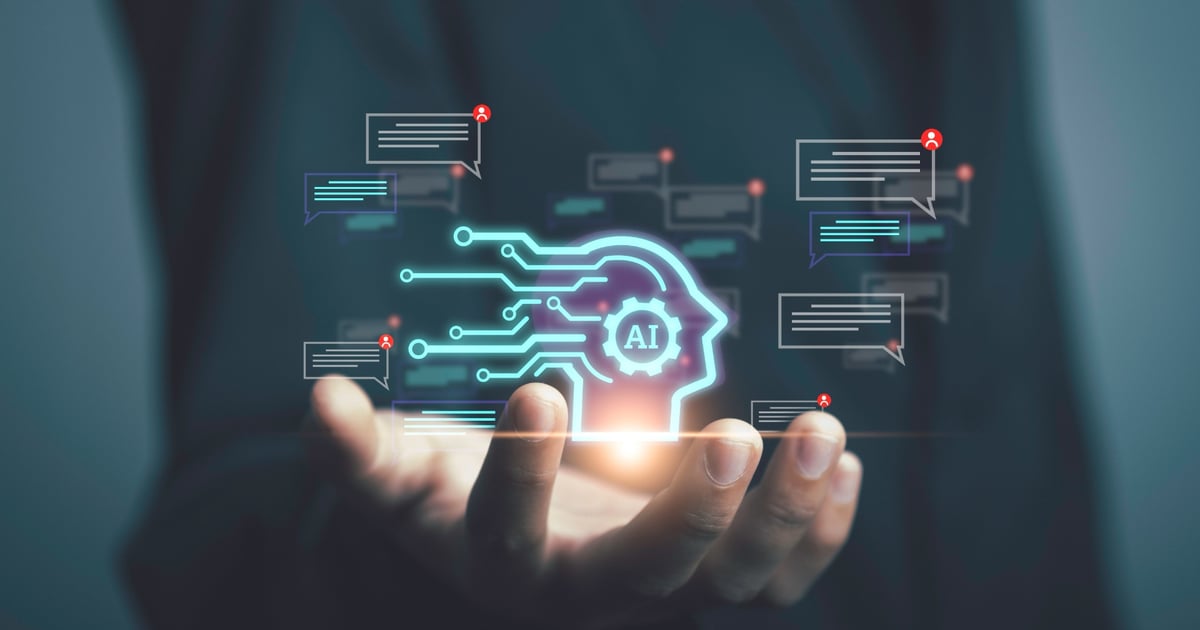
July 26, 2024 at 01:49PM
Nvidia has embraced the generative AI revolution, utilizing large language models (LLMs) and internal AI applications. At Black Hat USA, Richard Harang will discuss lessons learned in securing these systems. Despite potential risks, securing AI systems is not inherently more difficult than traditional systems and requires essential security attributes. Additionally, agentic AI systems pose greater potential risks, but the issues are solvable.
Key Takeaways from the Meeting Notes:
1. Nvidia has fully embraced the generative AI (GenAI) revolution and is utilizing its own proprietary large language models (LLMs) for various internal AI applications, including the NeMo platform and AI-based applications such as object simulation and DNA reconstruction.
2. Richard Harang, principal security architect at Nvidia, will speak at Black Hat USA about the lessons learned in red-teaming these systems and how cyberattack tactics against LLMs are evolving. He emphasizes that existing security practices don’t need a significant shift to address these new threats.
3. While next-generation AI applications present recognizable security issues, they require the same essential triad of security attributes as other apps: confidentiality, integrity, and availability. Security engineers need to apply standard security architecting due-diligence processes to identify security and trust boundaries and analyze data flow.
4. GenAI applications still require the same essential triad of security attributes that other apps do — confidentiality, integrity, and availability. So software engineers need to perform standard security architecting due-diligence processes, such as drawing out the security boundaries, drawing out the trust boundaries, and looking at how data flows through the system.
5. Despite the potential risks posed by agentic AI systems, Harang emphasizes that it is a solvable issue and highlights the significant improvements in understanding LLM-integrated applications’ behavior and the progress in securing them.
Overall, the meeting notes highlight the importance of understanding and securing LLM-integrated applications in the context of evolving cyberthreats and the unique risks and potential capabilities of agentic AI systems. It is emphasized that existing security practices can be adapted to meet the challenges posed by GenAI applications, and the focus is on building security into these systems from the outset.